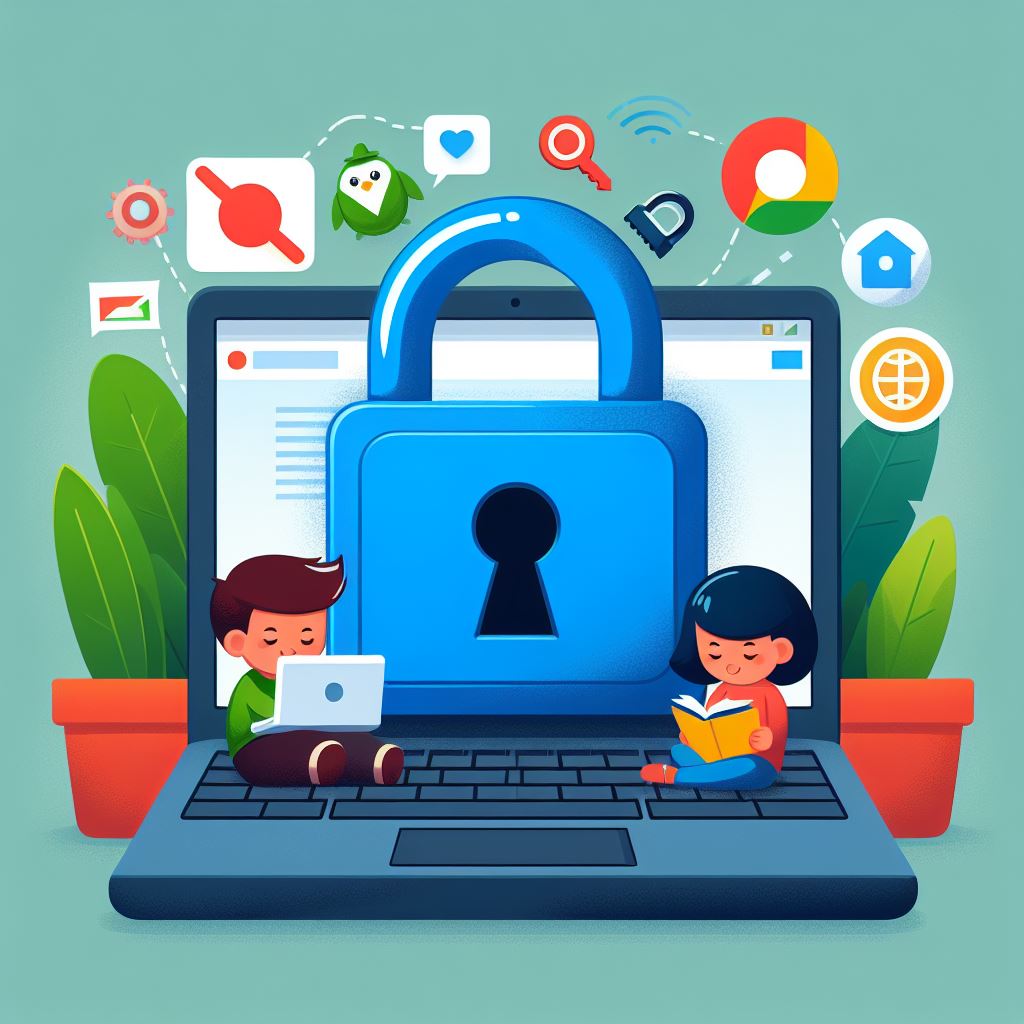“Unblocked browsers” typically refers to web browsers that can access the internet without restrictions commonly imposed by network administrators, such as those in schools or workplaces. These browsers can circumvent filters and firewalls designed to block certain websites, allowing users to visit sites that are otherwise inaccessible through standard, restricted network setups. This capability is often achieved through the use of VPNs, proxy servers, or specific browser configurations that bypass network controls
Navigating the internet on a school Chromebook can sometimes feel restrictive, especially when legitimate educational sites are blocked due to broad filters. However, it’s important to approach this issue responsibly and ethically. Here’s a guide on how to access necessary resources on your school Chromebook in a way that respects both school policies and legal considerations.
1. Understand School Policies
Before attempting to bypass any restrictions, it’s crucial to understand your school’s specific policies regarding internet use. These rules are typically in place to ensure a safe and focused educational environment, and violating them can have consequences. Review your school’s IT policies, and if in doubt, consult with a teacher or the IT department.
2. Communicate Your Needs
If you find that an educational site you need is blocked, the first step should always be to communicate with your teachers or the school’s IT department. Explain why you need access to the site and ask if they can unblock it or provide a safe alternative that meets educational needs.
3. Use School-Approved Tools
Many schools provide alternative ways to access educational content, such as through virtual private networks (VPNs) or proxy servers set up specifically for school use. These tools can help you access a broader range of educational resources while still adhering to school guidelines.
4. Explore Educational Extensions
Chromebooks support various extensions available through the Chrome Web Store, many of which are educational and approved by schools. These extensions can offer alternative access to information and resources without bypassing security measures.
5. Access Library Resources
Many school libraries provide access to databases and other resources that are typically blocked by general internet filters. Utilize these resources for research and accessing information safely and legitimately.
6. Use Legal Alternatives
If specific content is not available due to restrictions, look for legal alternatives. Many educational platforms offer similar content that may not be blocked. Tools like Google Scholar, educational YouTube channels, and other scholarly resources can be excellent alternatives.
Conclusion
While it can be frustrating to deal with internet restrictions on a school Chromebook, it’s important to handle the situation responsibly. Bypassing security features without permission can lead to more significant issues, including potential disciplinary actions. By understanding and working within the policies, communicating your needs, and using approved tools, you can access a wide range of educational resources safely and legally.

Technology and systems expert, author of articles on the subject of web browsers, familiar with the latest information technology and Internet news.
